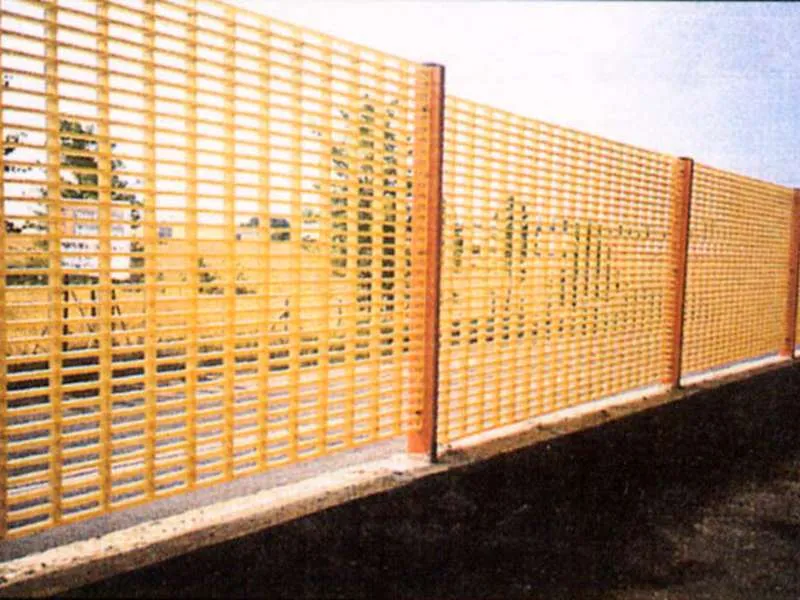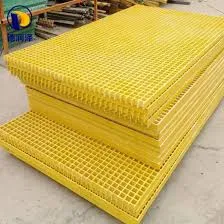
-
 Afrikaans
Afrikaans -
 Albanian
Albanian -
 Amharic
Amharic -
 Arabic
Arabic -
 Armenian
Armenian -
 Azerbaijani
Azerbaijani -
 Basque
Basque -
 Belarusian
Belarusian -
 Bengali
Bengali -
 Bosnian
Bosnian -
 Bulgarian
Bulgarian -
 Catalan
Catalan -
 Cebuano
Cebuano -
 China
China -
 China (Taiwan)
China (Taiwan) -
 Corsican
Corsican -
 Croatian
Croatian -
 Czech
Czech -
 Danish
Danish -
 Dutch
Dutch -
 English
English -
 Esperanto
Esperanto -
 Estonian
Estonian -
 Finnish
Finnish -
 French
French -
 Frisian
Frisian -
 Galician
Galician -
 Georgian
Georgian -
 German
German -
 Greek
Greek -
 Gujarati
Gujarati -
 Haitian Creole
Haitian Creole -
 hausa
hausa -
 hawaiian
hawaiian -
 Hebrew
Hebrew -
 Hindi
Hindi -
 Miao
Miao -
 Hungarian
Hungarian -
 Icelandic
Icelandic -
 igbo
igbo -
 Indonesian
Indonesian -
 irish
irish -
 Italian
Italian -
 Japanese
Japanese -
 Javanese
Javanese -
 Kannada
Kannada -
 kazakh
kazakh -
 Khmer
Khmer -
 Rwandese
Rwandese -
 Korean
Korean -
 Kurdish
Kurdish -
 Kyrgyz
Kyrgyz -
 Lao
Lao -
 Latin
Latin -
 Latvian
Latvian -
 Lithuanian
Lithuanian -
 Luxembourgish
Luxembourgish -
 Macedonian
Macedonian -
 Malgashi
Malgashi -
 Malay
Malay -
 Malayalam
Malayalam -
 Maltese
Maltese -
 Maori
Maori -
 Marathi
Marathi -
 Mongolian
Mongolian -
 Myanmar
Myanmar -
 Nepali
Nepali -
 Norwegian
Norwegian -
 Norwegian
Norwegian -
 Occitan
Occitan -
 Pashto
Pashto -
 Persian
Persian -
 Polish
Polish -
 Portuguese
Portuguese -
 Punjabi
Punjabi -
 Romanian
Romanian -
 Russian
Russian -
 Samoan
Samoan -
 Scottish Gaelic
Scottish Gaelic -
 Serbian
Serbian -
 Sesotho
Sesotho -
 Shona
Shona -
 Sindhi
Sindhi -
 Sinhala
Sinhala -
 Slovak
Slovak -
 Slovenian
Slovenian -
 Somali
Somali -
 Spanish
Spanish -
 Sundanese
Sundanese -
 Swahili
Swahili -
 Swedish
Swedish -
 Tagalog
Tagalog -
 Tajik
Tajik -
 Tamil
Tamil -
 Tatar
Tatar -
 Telugu
Telugu -
 Thai
Thai -
 Turkish
Turkish -
 Turkmen
Turkmen -
 Ukrainian
Ukrainian -
 Urdu
Urdu -
 Uighur
Uighur -
 Uzbek
Uzbek -
 Vietnamese
Vietnamese -
 Welsh
Welsh -
 Bantu
Bantu -
 Yiddish
Yiddish -
 Yoruba
Yoruba -
 Zulu
Zulu
Feb . 16, 2025 01:54
Back to list
Piping System
Insulating materials have revolutionized numerous industries by solving complex challenges related to energy efficiency and durability. One material, in particular, stands out insulated fiberglass reinforced plastic (FRP) covers. These high-performance products play a crucial role in sectors ranging from water treatment to industrial processing, offering unmatched benefits in terms of efficiency, longevity, and environmental impact.
Authoritativeness in adopting insulated FRP covers comes from the broad endorsement of their performance by industry giants and regulatory bodies. Many global organizations have recognized FRP's contributions to sustainability and operational excellence. For instance, the American Society of Civil Engineers (ASCE) has advocated for FRP materials in construction due to their durability and reduced environmental impact. Projects involving FRP technology have received awards and certifications for their innovative approach to reducing greenhouse gas emissions, further underlining their importance in contemporary industrial applications. Building trust with stakeholders is essential, and insulated FRP manufacturers invest significantly in research and development to ensure product reliability and safety. Quality assurance processes are rigorous, involving extensive testing under various temperature conditions and exposure to chemicals. These practices ensure that every FRP cover meets higher standards of performance long before reaching consumers. Testimonials from buyers highlight not just satisfaction with the product but a degree of trust in the manufacturers’ commitment to quality. In the context of customer satisfaction, insulated FRP covers consistently receive positive feedback. Facility managers appreciate their low maintenance requirements and long life spans, which translate to considerable savings over time. One industrial facility reported that the return on investment was realized in just two years, largely due to the reduction in repair costs and energy bills. Moreover, their non-conductive nature ensures safety when used around electrically sensitive operations, adding an extra layer of security and peace of mind for facility operators. As industries become more attuned to sustainability and energy-saving measures, insulated FRP covers are poised to play a critical role in future developments. Enhancements, such as incorporating smart technology to monitor thermal performance in real-time, are on the horizon, promising even greater efficiencies and insights. As such innovations unfold, insulated FRP covers will continue to set the standard for industrial insulation solutions. By embracing these cutting-edge materials, industries not only improve their operational efficiency but also enhance their environmental stewardship, underscoring the vital role they play in building a sustainable future.


Authoritativeness in adopting insulated FRP covers comes from the broad endorsement of their performance by industry giants and regulatory bodies. Many global organizations have recognized FRP's contributions to sustainability and operational excellence. For instance, the American Society of Civil Engineers (ASCE) has advocated for FRP materials in construction due to their durability and reduced environmental impact. Projects involving FRP technology have received awards and certifications for their innovative approach to reducing greenhouse gas emissions, further underlining their importance in contemporary industrial applications. Building trust with stakeholders is essential, and insulated FRP manufacturers invest significantly in research and development to ensure product reliability and safety. Quality assurance processes are rigorous, involving extensive testing under various temperature conditions and exposure to chemicals. These practices ensure that every FRP cover meets higher standards of performance long before reaching consumers. Testimonials from buyers highlight not just satisfaction with the product but a degree of trust in the manufacturers’ commitment to quality. In the context of customer satisfaction, insulated FRP covers consistently receive positive feedback. Facility managers appreciate their low maintenance requirements and long life spans, which translate to considerable savings over time. One industrial facility reported that the return on investment was realized in just two years, largely due to the reduction in repair costs and energy bills. Moreover, their non-conductive nature ensures safety when used around electrically sensitive operations, adding an extra layer of security and peace of mind for facility operators. As industries become more attuned to sustainability and energy-saving measures, insulated FRP covers are poised to play a critical role in future developments. Enhancements, such as incorporating smart technology to monitor thermal performance in real-time, are on the horizon, promising even greater efficiencies and insights. As such innovations unfold, insulated FRP covers will continue to set the standard for industrial insulation solutions. By embracing these cutting-edge materials, industries not only improve their operational efficiency but also enhance their environmental stewardship, underscoring the vital role they play in building a sustainable future.
Next:
Related Products









